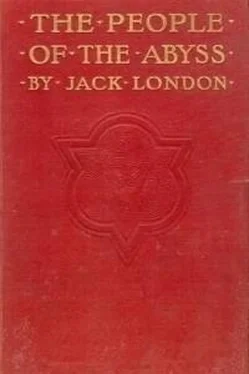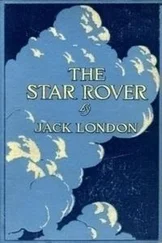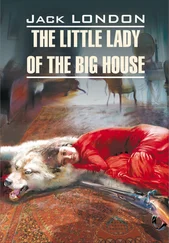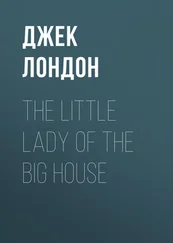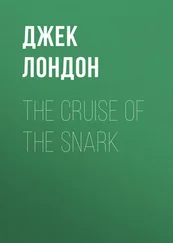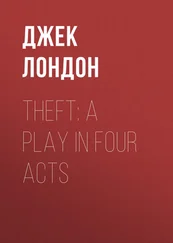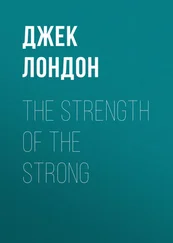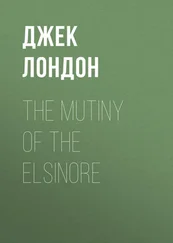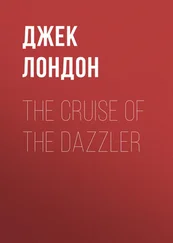In short, society must be reorganised, and a capable management put at the head. That the present management is incapable, there can be no discussion. It has drained the United Kingdom of its life–blood. It has enfeebled the stay–at–home folk till they are unable longer to struggle in the van of the competing nations. It has built up a West End and an East End as large as the Kingdom is large, in which one end is riotous and rotten, the other end sickly and underfed.
A vast empire is foundering on the hands of this incapable management. And by empire is meant the political machinery which holds together the English–speaking people of the world outside of the United States. Nor is this charged in a pessimistic spirit. Blood empire is greater than political empire, and the English of the New World and the Antipodes are strong and vigorous as ever. But the political empire under which they are nominally assembled is perishing. The political machine known as the British Empire is running down. In the hands of its management it is losing momentum every day.
It is inevitable that this management, which has grossly and criminally mismanaged, shall be swept away. Not only has it been wasteful and inefficient, but it has misappropriated the funds. Every worn–out, pasty– faced pauper, every blind man, every prison babe, every man, woman, and child whose belly is gnawing with hunger pangs, is hungry because the funds have been misappropriated by the management.
Nor can one member of this managing class plead not guilty before the judgment bar of Man. "The living in their houses, and in their graves the dead," are challenged by every babe that dies of innutrition, by every girl that flees the sweater's den to the nightly promenade of Piccadilly, by every worked–out toiler that plunges into the canal. The food this managing class eats, the wine it drinks, the shows it makes, and the fine clothes it wears, are challenged by eight million mouths which have never had enough to fill them, and by twice eight million bodies which have never been sufficiently clothed and housed.
There can be no mistake. Civilisation has increased man's producing power an hundred–fold, and through mismanagement the men of Civilisation live worse than the beasts, and have less to eat and wear and protect them from the elements than the savage Innuit in a frigid climate who lives to–day as he lived in the stone age ten thousand years ago.
I have a vague remembrance Of a story that is told In some ancient Spanish legend Or chronicle of old.
It was when brave King Sanche Was before Zamora slain, And his great besieging army Lay encamped upon the plain.
Don Diego de Ordenez Sallied forth in front of all, And shouted loud his challenge To the warders on the wall.
All the people of Zamora, Both the born and the unborn, As traitors did he challenge With taunting words of scorn.
The living in their houses, And in their graves the dead, And the waters in their rivers, And their wine, and oil, and bread.
There is a greater army That besets us round with strife, A starving, numberless army At all the gates of life.
The poverty–stricken millions Who challenge our wine and bread, And impeach us all as traitors, Both the living and the dead.
And whenever I sit at the banquet, Where the feast and song are high, Amid the mirth and music I can hear that fearful cry.
And hollow and haggard faces Look into the lighted hall, And wasted hands are extended To catch the crumbs that fall
And within there is light and plenty, And odours fill the air; But without there is cold and darkness, And hunger and despair.
And there in the camp of famine, In wind, and cold, and rain, Christ, the great Lord of the Army, Lies dead upon the plain.
LONGFELLOW
